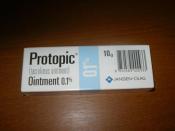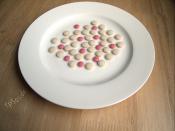It is apparent that increasing numbers of people have experienced various "secret recipes" of treatment to recover from or heal all types of diseases. This is an up-and-coming therapeutic practice that is developing its treatment for a mainstream consumer base, called alternative therapy, although it is not currently considered a conventional medical practice. Most people regard it as an unofficial and skeptical issue that can never officially and sufficiently be proven by biomedical research and scientific evidence to have beneficial effect; nevertheless, it is statistically confirmed by those patients who believe in the effectiveness of alternative therapy over some conventional medication. Instead of saying "alternative" therapy, its corresponding definition is an efficiently multidisciplinary therapy that potentially integrates both conventional and biologically-based healing processes. As time goes on, this additional realm beyond conventional medicine is becoming widely accepted by professionals in the medical field.
As far as being classified as alternative, alternative medicine is still in the status of being a substitution for traditional Western medical practices because of the equivalent effects to some scientifically-proven medication.
For instance, acupuncture, which has been practiced in China for thousands of years, is a very commonly accepted treatment in healing and relief. The "puncture" in acupuncture refers to the insertion of tiny needles at precise points on the surface of the body. The way it works remains a mystery; however, according to ancient Chinese medicine, the life current, called ch'i, flows through the body and regulates physical and mental conditions. Yin and yang, the two mutual forces within the current, balance and restore the ch'i. As for the interpretation by Western medical knowledge, acupuncture may trigger the pain-relieving neural transmitters, so it blunts the perception of soreness. Even though this is only a preliminary scientific explanation, there is no conclusively documented report supporting...


